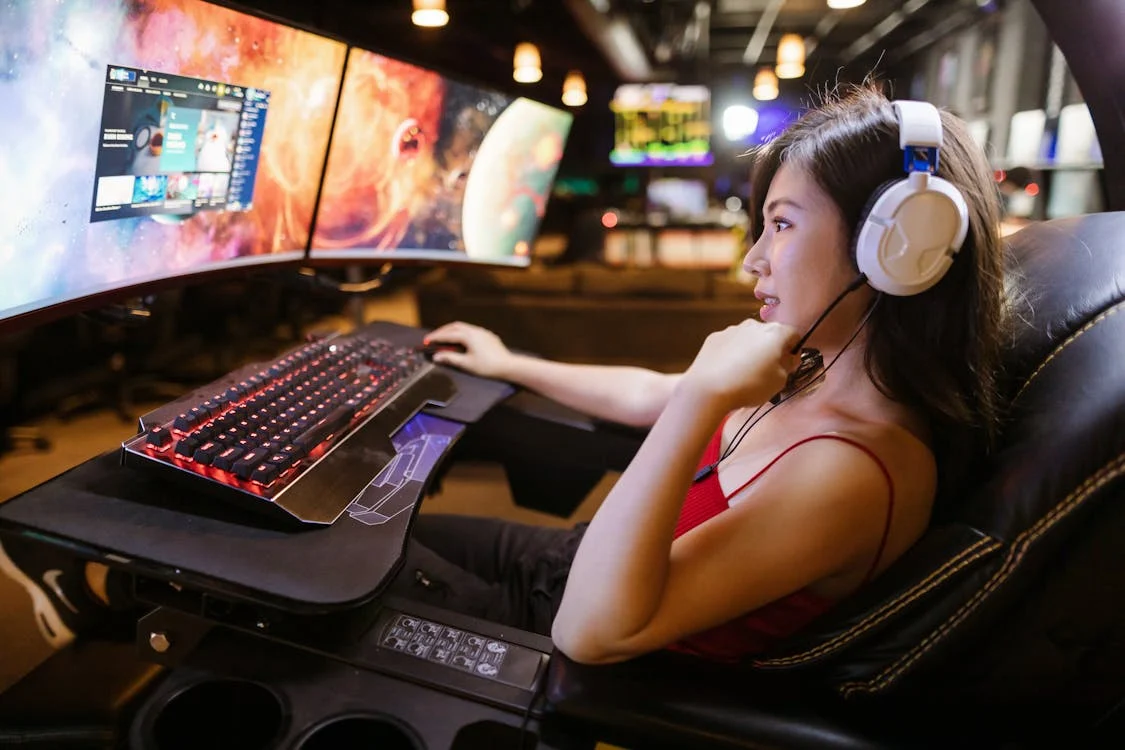Gaming on Linux has evolved from a niche activity to a mainstream pursuit, thanks to community efforts and corporate support. With the introduction of tools like Proton, Steam Play, and Lutris, the gaming landscape on Linux has drastically improved, providing better compatibility and performance.
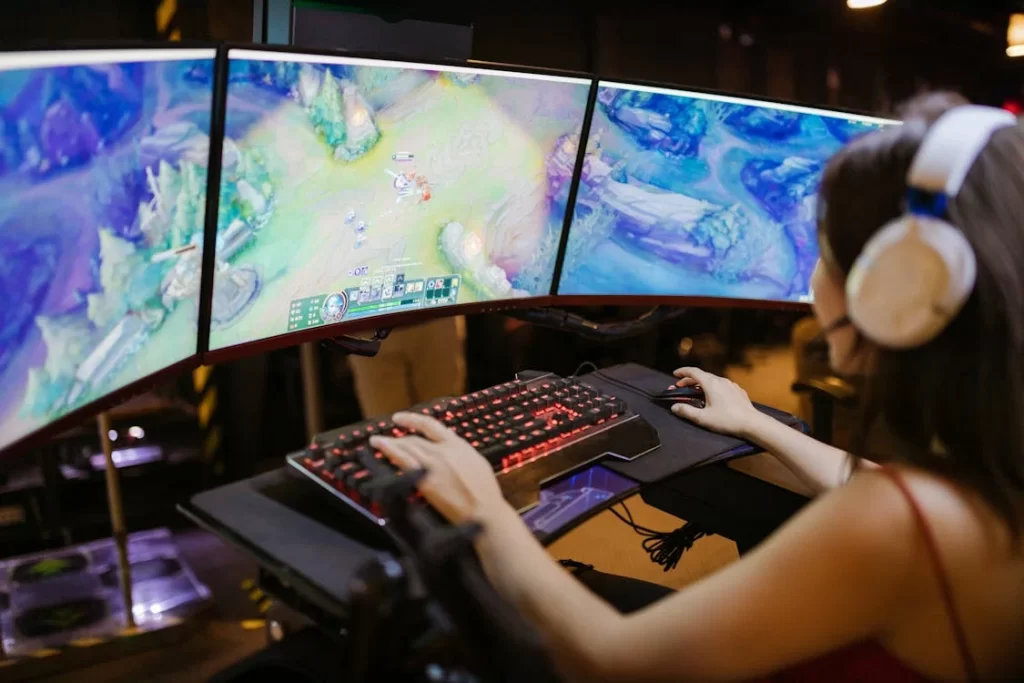
[ Image courtesy: Pexels ]
This article explores the current state of game compatibility on Linux, offering examples and insights into the technologies that enable this enhanced experience.Â
The Evolution of Gaming on Linux
Linux gamers used to be limited to native games and a few titles running through compatibility layers like Wine. However, the release of Steam for Linux in 2013 brought a significant catalog of games to the platform. The real significant change came with the launch of Proton in 2018.
Proton and Steam Play
Proton, developed by Valve and built on Wine, includes tools like DXVK and VKD3D, which translate DirectX calls to Vulkan. This allows many Windows-only games to run on Linux with minimal performance loss. Integrated with Proton, Steam Play enables users to easily play a wide array of Steam games on Linux without manual configuration.
Lutris
Lutris is a vital tool for Linux gamers as it offers a unified interface to manage games from various platforms such as GOG, Origin, and Uplay.
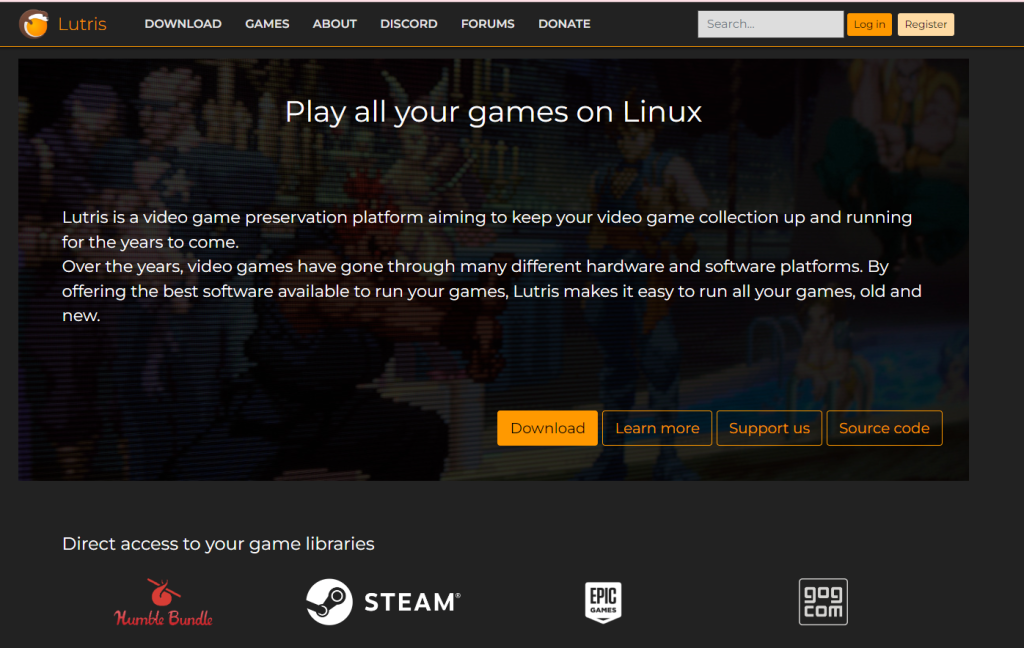
[ Image courtesy: Lutris ]
It supports native Linux games, Windows games (via Wine and Proton), emulators, and even browser-based games. Lutris provides simplified installation and configuration processes, making it easy for gamers to get their favorite titles up and running.Â
Some Popular PC Games that are Linux compatible
The Witcher 3: Wild Hunt
The Witcher 3: Wild Hunt, a critically acclaimed RPG, is a prime example of a game that benefits from Proton. While it doesn’t have a native Linux version, it runs smoothly on Linux through Proton, with performance and stability comparable to Windows.
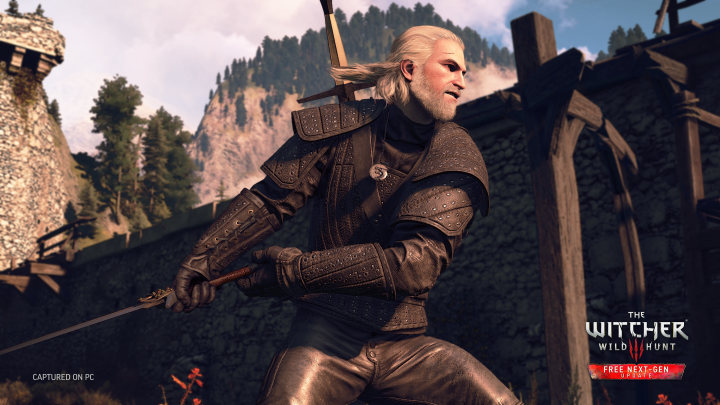
[ Image courtesy: Witcher 3 ]
Gamers can enjoy the same rich, immersive experience, thanks to the continuous updates and improvements made by the Proton development team.
Overwatch 2
Blizzard’s popular shooter, Overwatch 2, does not have a native Linux version, and running it through Wine can be complex due to Battle.net’s anti-cheat measures. Lutris provides a streamlined way to install and configure Overwatch 2, handling dependencies and optimizations.
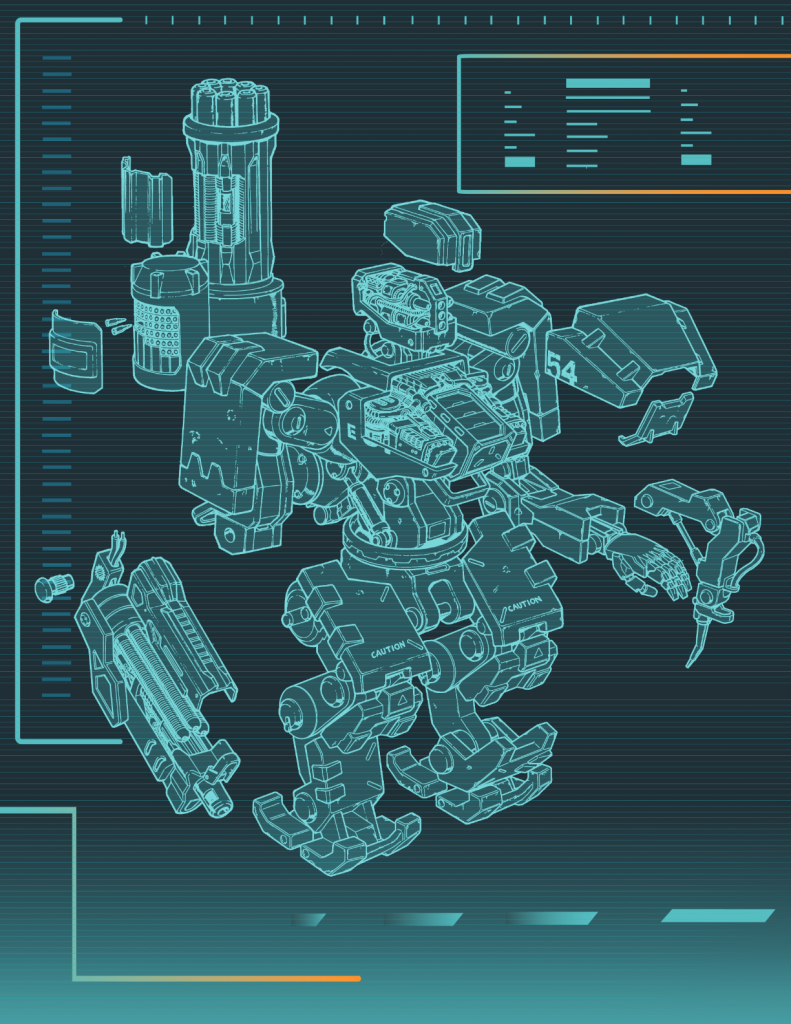
[ Image courtesy: Overwatch2 ]
While some performance issues can occur, the game is playable, demonstrating Lutris’s power in simplifying complex setups.
Native Linux Games
Despite the reliance on compatibility layers, the number and quality of native Linux games continue to grow. Many indie developers and even larger studios acknowledge the value of supporting Linux from the outset.
One such example is the massive hit Factorio.

[ Image Courtesy: Factorio ]
Factorio, a popular simulation game, offers a native Linux version that runs flawlessly. Its developers have consistently supported Linux by providing timely updates and ensuring feature parity with other platforms. This commitment has fostered a dedicated Linux player base and set a standard for other developers.
Challenges and Future Prospects
Though the compatibility landscape has improved, challenges remain. Anti-cheat systems in some multiplayer games create significant hurdles, resulting in bans or poor performance. While Proton and other tools cover many titles, some games still face issues or refuse to run entirely.Â
However, the future holds promise. Valve’s Steam Deck, a Linux-based handheld gaming device, is expected to further enhance compatibility and performance. The open-source community continues to refine tools and contribute to projects like DXVK and VKD3D, ensuring ongoing support and enhancements.
Conclusion
The progress in game compatibility on Linux has made it a viable option for gamers. Tools like Proton and Lutris bridge the gap between Windows and Linux gaming, allowing many popular titles to run with impressive performance. Furthermore, native Linux games, like Factorio, demonstrate the potential for dedicated developer support.
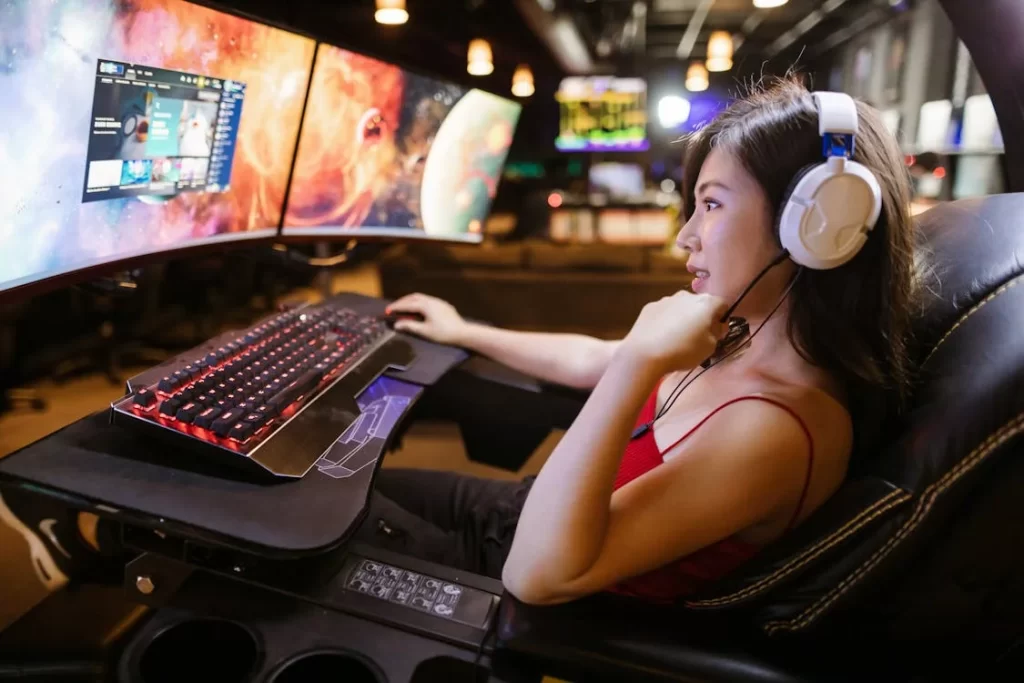
[ Image courtesy: Pexels ]
As technology advances and community efforts persist, a seamless gaming experience on Linux becomes increasingly attainable, inviting more gamers to explore the open-source frontier.Â
